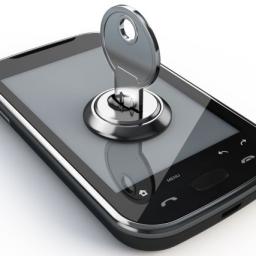Samsung, the big brother inside your TV?
 Samsung is warning customers about discussing personal information in front of their smart television set. The warning applies to TV viewers who control their Samsung Smart TV using its voice activation feature. When the feature is active, such TV sets "listen" to what is said and may share what they hear with Samsung or third parties, it said. Privacy campaigners said the technology smacked of the telescreens, in George Orwell's 1984, which spied on citizens. Samsung has issued a statement that emphasized the voice recognition feature is activated using the TV's remote control.
Samsung is warning customers about discussing personal information in front of their smart television set. The warning applies to TV viewers who control their Samsung Smart TV using its voice activation feature. When the feature is active, such TV sets "listen" to what is said and may share what they hear with Samsung or third parties, it said. Privacy campaigners said the technology smacked of the telescreens, in George Orwell's 1984, which spied on citizens. Samsung has issued a statement that emphasized the voice recognition feature is activated using the TV's remote control. Should Pipedot readers be concerned? What assurance is there that voice control systems which involve uploading voice commands to remote servers (Siri included) couldn't be used for surveillance covertly, as the FBI started doing with OnStar in General Motors vehicles over a decade ago? Samsung is not the first maker of a smart, net-connected TV to run into problems with the data the set collects. In late 2013, a UK IT consultant found his LG TV was gathering information about his viewing habits.
Today, users of Samsung's Smart TVs are also complaining that advertisements are being inserted into their own videos, without their permission. "Every movie I play, 20-30 minutes in it plays the Pepsi ad. It has happened on 6 movies today." In a statement, a Samsung spokesperson said that the ad placement in third-party apps was a mistake, and that the issue only affected customers in Australia.
